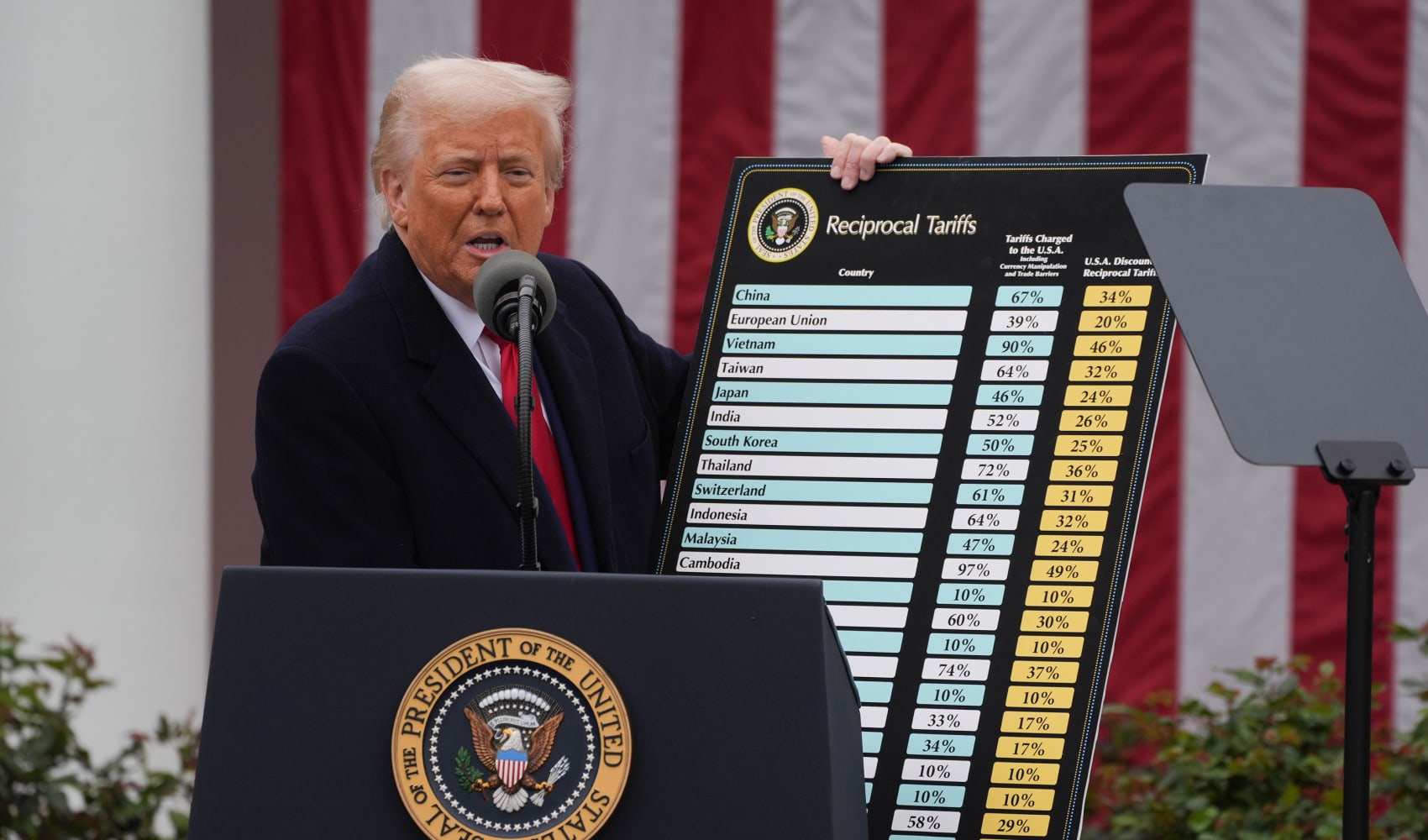A pivotal legal battle is currently unfolding in an appeals court, with significant implications for former President Donald Trump’s trade agenda and the extent of executive power in imposing tariffs. This high-stakes hearing centers on whether Trump overstepped his authority by invoking a rarely used law, the International Emergency Economic Powers Act (IEEPA), to levy broad tariffs on imported goods.
The plaintiffs in this landmark case contend that the IEEPA, enacted in 1977, does not grant a president the power to set tariffs. They argue that this authority is expressly reserved for Congress, and Trump’s actions constitute a usurpation of legislative power, a fundamental principle of the U.S. Constitution’s separation of powers.
During the intense appeals panel hearing, judges pressed the Justice Department attorney, Brett Shumate, on the specific language and intent of the IEEPA. They pointed out that the statute primarily mentions “foreign exchange, payments, currency” when granting the president power to regulate or prohibit, questioning if tariffs fall under this scope and if it implicitly grants such far-reaching economic authority.
Representing the plaintiffs, lawyer Neal Katyal delivered a compelling argument, emphasizing the potential for unchecked executive power if Trump’s interpretation were upheld. Katyal warned the court that accepting the administration’s stance would render federal courts powerless, allowing any president to act unilaterally under the guise of an “emergency” without congressional oversight, a dangerous precedent for American democracy.
Katyal further underscored the historical context of tariff-setting power, tracing it back over 200 years to the Revolutionary War era and protests like the Boston Tea Party. He asserted that no president in two centuries had presumed the unilateral authority to impose tariffs, reinforcing the argument that such power has always resided with the legislative branch, designed to prevent executive overreach in economic policy.
Adding another layer to the legal complexities, the U.S. Court of International Trade had previously struck down Trump’s tariffs in late May. However, the Federal Circuit Appeals Court swiftly intervened, pausing that decision. This critical move meant that Trump’s contentious tariffs remained in effect while the comprehensive legal challenge continued to progress through the judicial system, maintaining the economic status quo for importers.
Despite the ongoing legal scrutiny, former President Trump has consistently defended his actions. On Truth Social, he conveyed his support for his legal team, stating, “good luck in America’s big case today.” He originally cited the IEEPA to justify his massive “reciprocal” tariff plan, which set a nearly global 10% baseline duty and higher rates on specific countries, a policy that caused initial market turbulence upon its early April rollout before some higher rates were delayed.
The V.O.S. case is not isolated; numerous other lawsuits are actively challenging Trump’s tariffs. However, this particular case is the furthest along in the judicial process, making its outcome potentially determinative for how other similar challenges will fare. A ruling in this case could establish a significant precedent regarding the executive’s authority over trade and national emergencies.
The Trump administration remains resolute in its defense of executive authority. Attorney General Pam Bondi publicly affirmed the commitment to “continue to defend President Trump’s executive authority in courtrooms across the country” before the arguments commenced, signaling the administration’s firm stance on the scope of presidential powers in matters of international trade and economic policy.






Leave a Reply